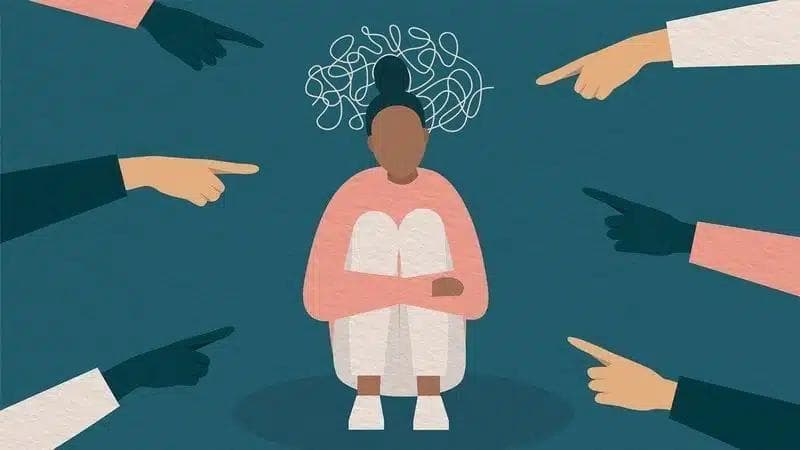...
...
...
...
...

MyMynd MyMoves - Join our Movement Challenge this Mental Health Awareness Week

Nia Griffiths
May 13th, 2024
Welcome to Mental Health Awareness Week! This year, just as the weather’s turned, the theme is movement! At MyMynd, we're excited to launch the MyMynd MyMoves challenge, inviting all of us to embrace movement in unique ways to support our mental health. At MyMynd, we’re challenging ourselves to move for our minds – follow us on LinkedIn for updates on how our team are getting moving!
Movement isn't just about physical activity; it’s also about making a positive impact on our mental well-being. Physical activity has been shown to release endorphins, reduce stress, and improve mood - a natural boost for your mental health. By embracing movement, we’re supporting our mental health in a simple way and through a variety of actions, small, big, and everywhere in between.
Doing 30 minutes or more of exercise a day for three to five days a week can significantly improve depression or anxiety symptoms. But smaller amounts of physical activity — as little as 10-15 minutes at a time — can make a difference. It may take less time exercising to improve your mood when you do more vigorous activities, such as running or cycling.
The MyMynd MyMoves Challenge
We understand that everyone's relationship with movement is different, and that's why the MyMynd MyMoves challenge is all about finding what works best for you. Whether it's a brisk walk in the park, a yoga session at home, dancing to your favourite tunes, or even gardening, every bit of movement counts and contributes to better mental health.
Why Movement Matters
We all know, regular movement is more than just keeping fit; it's a powerful tool to combat stress, anxiety, and depression. When we move, our bodies release chemicals like endorphins and serotonin, which are essential for mood regulation and stress reduction. Here are some benefits of incorporating movement into your daily routine:
Improved Mood: Physical activity can lead to a significant boost in mood, thanks to the release of endorphins.
Reduced Stress: Exercise helps lower cortisol levels, which often increase during stressful periods.
Enhanced Cognitive Function: Regular movement improves concentration, memory, and overall brain function.
Better Sleep: Engaging in physical activities can help regulate sleep patterns, leading to more restful nights.
How to Get Moving
Not sure where to start? Here are some ideas to incorporate movement into your daily life:
1. Set Small Goals: Start with manageable goals, such as a 10-minute walk during your lunch break one day week.
2. Make It Social: Exercise with a friend or just take a weekly walk together, could even grab lunch afterwards!
3. Mix It Up: Try different activities to keep things interesting. Variety can prevent boredom and keep you motivated, rebounding anyone?!
4. Listen to Your Body: Pay attention to how your body feels and adjust your activities. It's important to find a balance that works for you. (We don't need to play tennis every.single.day!)
Join the Movement
We encourage you to share your movement journey with us, check out our infographic for ideas on how to get moving, and use our activity planner to check in with yourself on how you feel after a bit of movement! Whether you’re taking a scenic hike, doing some stretches at your desk, or having a dance party in your living room, we want to see how you’re moving for your mind; pleaeshare your movements with us on Linkedin!
Let's get moving, MyMynders!

Living with Social Anxiety: Practical Advice for Everyday Life
Keeva Galway
Aug 5th, 2024

Exploring different types of movement for wellbeing: indoors, outdoors, solo, or social.
Mollie Drew
Aug 19th, 2025

This January, Let’s Prioritize Our Mental Well-being
Keeva Galway
Jan 6th, 2025